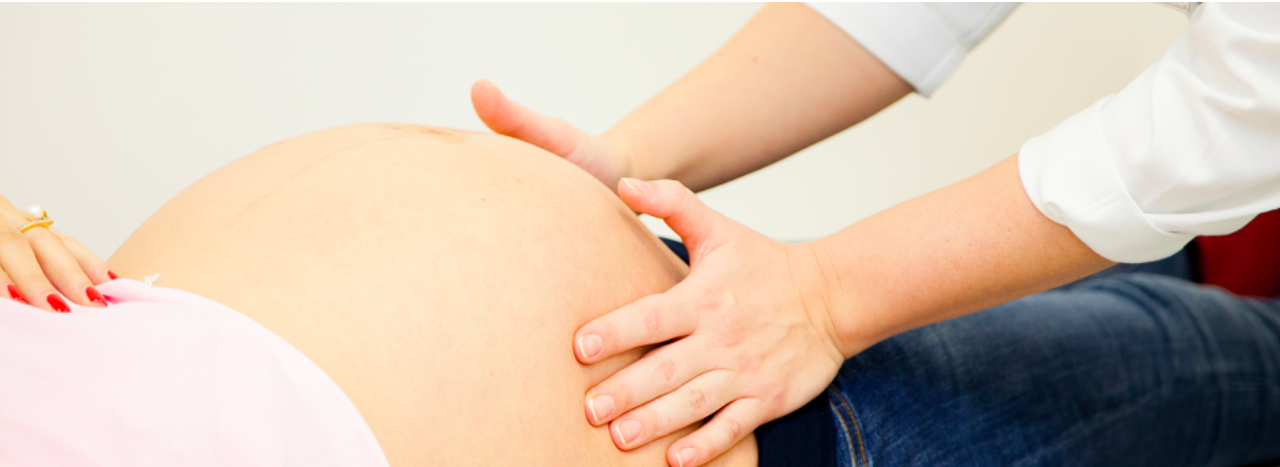Amid the Excitement of Pregnancy, Prioritizing Pelvic Floor Health is Essential for a Smooth Journey
Introduction: Pregnancy is a remarkable journey marked by profound changes in a woman’s body, but amidst the anticipation and preparation for motherhood, one crucial aspect often overlooked is pelvic floor health. As expecting mothers focus on nurturing their growing baby, understanding and incorporating kegel exercises into their prenatal routine can offer a multitude of benefits. Let’s delve into this vital aspect of pregnancy care and explore the transformative power of kegels.
The Importance of Kegel Exercises During Pregnancy: Pregnancy exerts significant pressure on the pelvic floor muscles, making their strength and resilience paramount for a smooth journey. Kegel exercises, recommended by healthcare professionals, play a pivotal role in bolstering pelvic floor health and mitigating potential complications during pregnancy and childbirth. Understanding the role of kegels and their benefits is essential for every expecting mother.
Advantages of Kegel Exercises: From providing crucial support during pregnancy to aiding in the pushing phase of labor, kegels offer a myriad of benefits, including improved bladder control, enhanced circulation, and faster postpartum recovery. These exercises, when performed correctly and consistently, empower women to navigate pregnancy and childbirth with confidence and ease.
Safe and Effective Kegel Routines for Pregnant Women: Executing kegel exercises safely and effectively is paramount for maximizing their benefits. A tailored routine, encompassing identification of pelvic floor muscles, comfortable positioning, and gradual progression, ensures optimal outcomes for expecting mothers. By incorporating kegels into their daily regimen, women can cultivate pelvic floor strength and resilience essential for a healthy pregnancy and childbirth experience.
Postpartum Recovery: A Journey of Restoration: Following childbirth, postpartum recovery becomes a critical phase where kegel exercises play a pivotal role in rebuilding pelvic strength and promoting healing. Through progressive routines tailored for different postpartum phases, women can expedite their recovery process and reclaim their pelvic health with confidence and resilience.
Empowering Expecting Mothers: As mothers-to-be embark on the transformative journey of pregnancy, prioritizing pelvic floor health through kegel exercises empowers them to embrace the miraculous process of bringing new life into the world. By fostering strength, resilience, and confidence, kegels pave the way for a smooth and fulfilling pregnancy experience.
Conclusion: Incorporating kegel exercises into the prenatal and postpartum journey is a transformative step towards nurturing pelvic floor health and ensuring a smooth transition into motherhood. With the proper knowledge, guidance, and commitment, expecting mothers can harness the benefits of kegels to navigate pregnancy and childbirth with strength, resilience, and empowerment.












